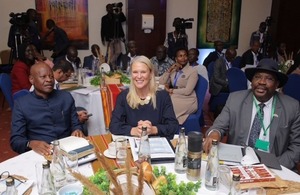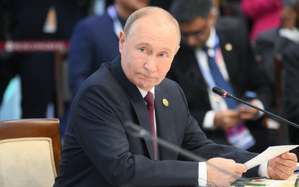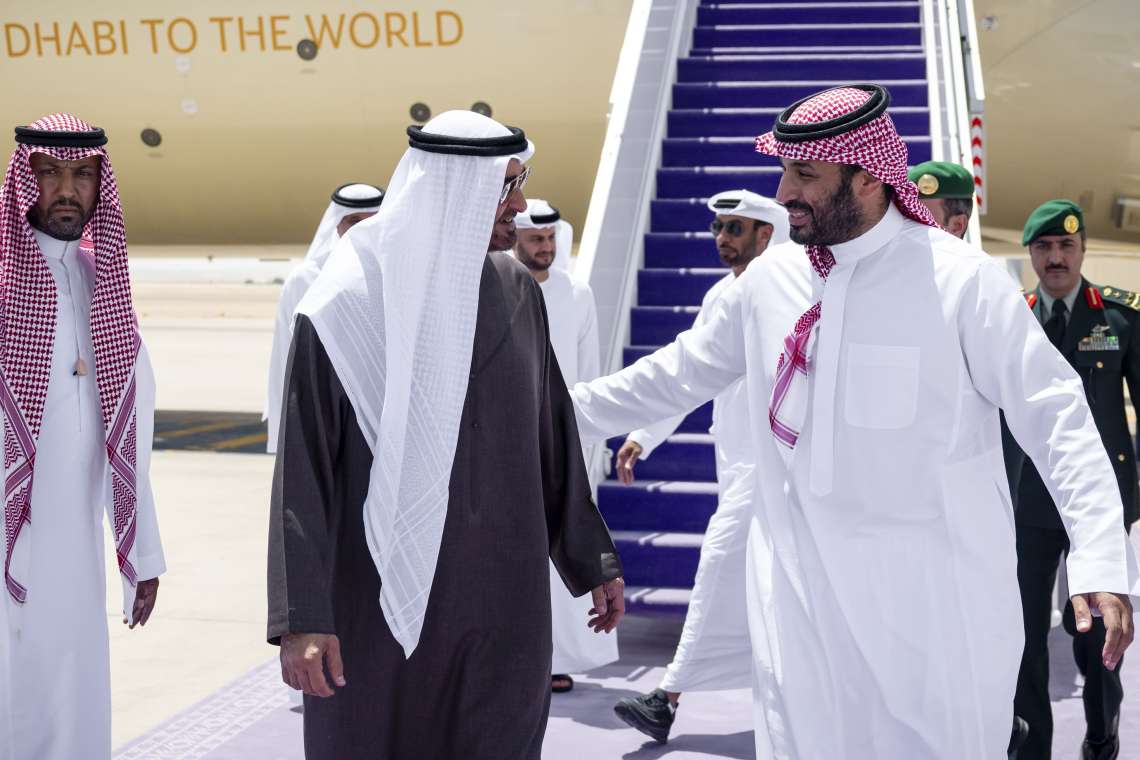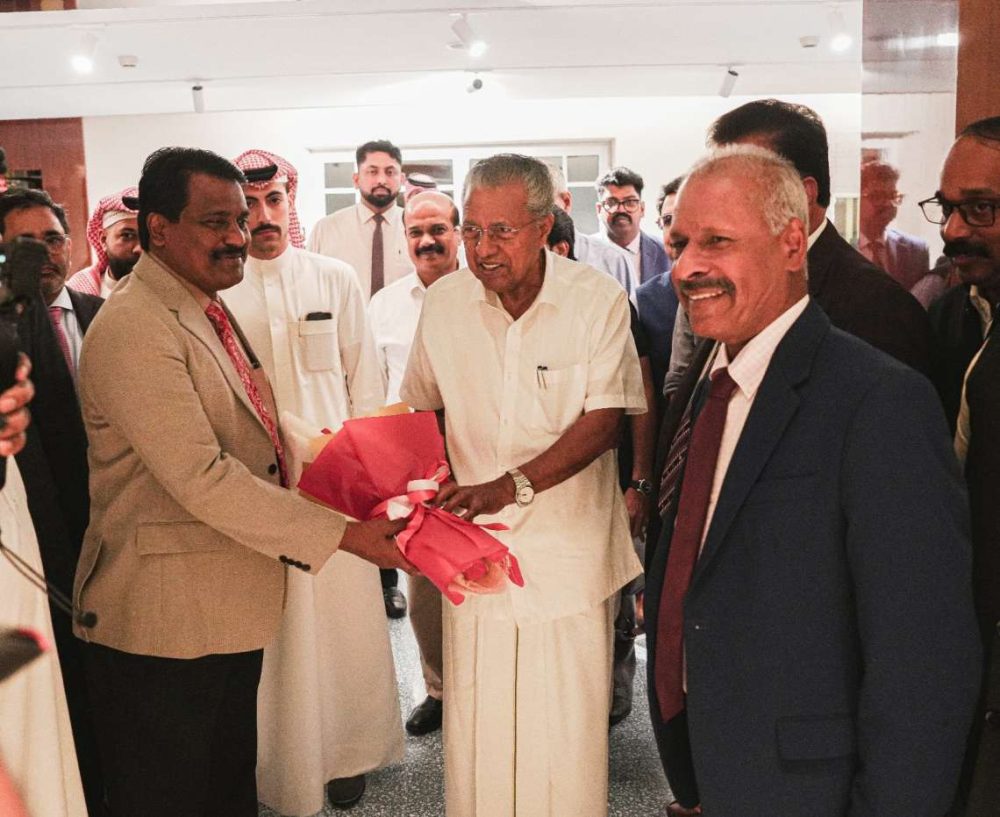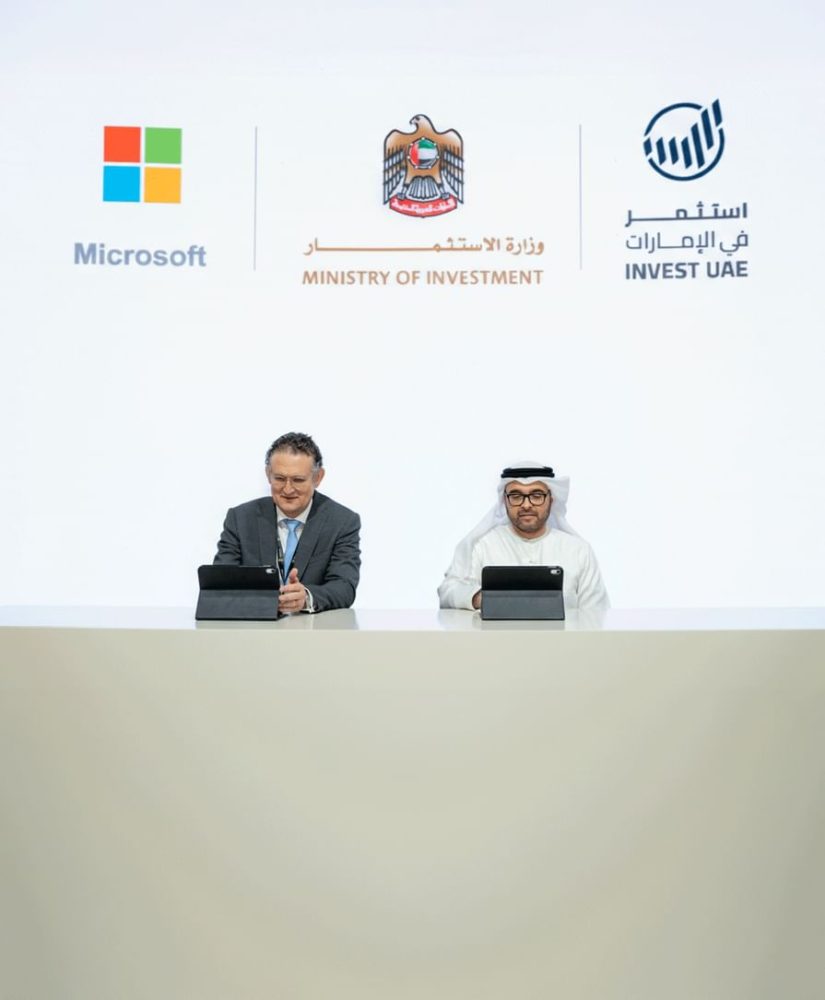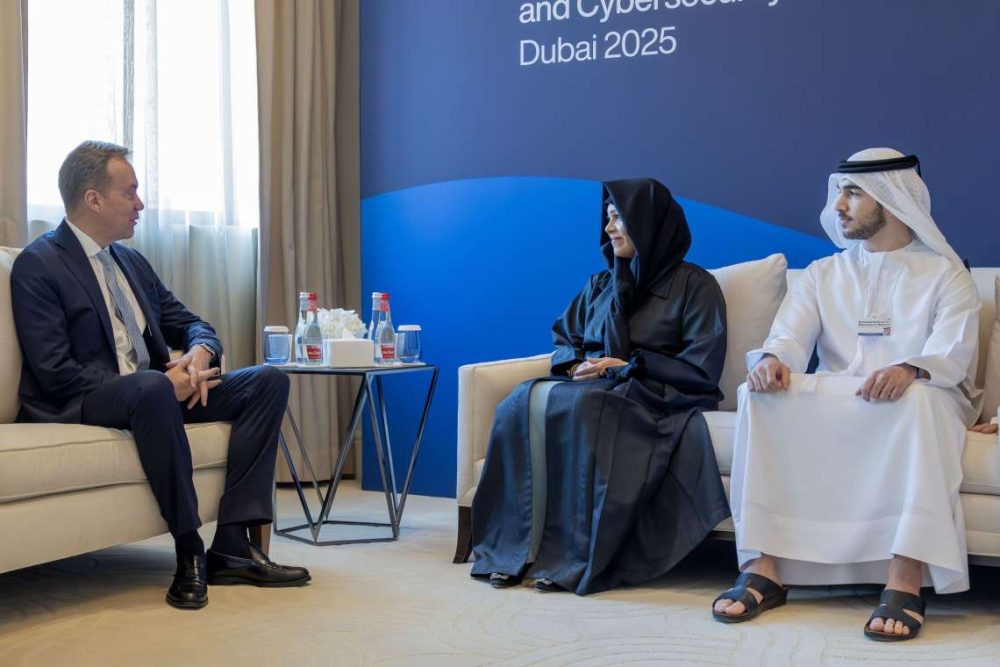The meeting was co-chaired by South Africa’s Minister for International Relations and Cooperation, Ronald O. Lamola, and David Lammy…reports Asian Lite News
South Africa and the United Kingdom have pledged to deepen their political, economic and security ties, setting their relationship on a new footing for the modern era. The commitment came during the 13th Session of the South Africa–United Kingdom Bilateral Forum, held in Cape Town on 5 November 2024.
The meeting was co-chaired by South Africa’s Minister for International Relations and Cooperation, Ronald O. Lamola, and the UK’s Secretary of State for Foreign, Commonwealth and Development Affairs, David Lammy. Both sides described the talks as an opportunity to “revitalise a strong, historical relationship for a modern-day partnership”.
The session built on the momentum of recent high-level engagements, including President Cyril Ramaphosa’s 2022 state visit to Britain – the first hosted by King Charles III – and Deputy President Paul Mashatile’s multi-ministerial working visit to London in October 2024. Officials said those earlier discussions laid the groundwork for resetting trade and investment relations between the two countries.
Economic cooperation dominated the agenda, with both ministers agreeing to draw up a joint South Africa–UK Growth Plan aimed at stimulating trade, job creation and inclusive growth. They noted the significance of existing arrangements, including the Economic Partnership Agreement between the UK and the Southern African Customs Union (SACU) member states, plus Mozambique, and agreed it should be strengthened to realise its full potential.
They also underlined the opportunities presented by the African Continental Free Trade Area (AfCFTA), which Britain has identified as central to its “new approach” to Africa. London has pledged to engage African nations as equal partners, and South Africa has committed to play a key role in shaping this policy.
Climate change and environmental sustainability featured prominently in the talks. Both governments reaffirmed their commitment to multilateral action on climate change, pollution and biodiversity loss, describing them as pressing threats to sustainable development.
The ministers endorsed ongoing work under the Just Energy Transition Partnership (JETP), through which South Africa has received significant international support to move towards cleaner energy. They agreed to continue cooperation on market reforms, expanding transmission infrastructure, emissions monitoring, and developing skills for a green economy.
The two delegations also exchanged views on regional and international crises, including conflicts in Sudan, South Sudan, the Democratic Republic of Congo, Ukraine and the Middle East. Both sides acknowledged the benefits of closer cooperation on peace and security, and agreed to strengthen collaboration on priority global issues such as South Africa’s upcoming presidency of the G20.
Reform of international institutions was another important theme. Lammy and Lamola agreed that the United Nations Security Council must be restructured to reflect today’s global realities. Britain expressed support for expanding the council to ensure fairer representation for Africa, including the addition of a permanent African seat.
A new memorandum of understanding will be signed to underpin the bilateral forum, ensuring it operates effectively at both political and technical levels. Officials said this framework will help guide future engagement and embed the ambition to elevate ties between the two countries.
In a joint statement, Lammy and Lamola emphasised the “strong bonds of friendship and solidarity” linking South Africa and the United Kingdom. They expressed confidence that the commitments made in Cape Town would translate into tangible outcomes for both nations.
The forum concluded with an agreement that the next session will be hosted by the UK in 2026. Between now and then, officials will work to implement the growth plan, expand cooperation in priority areas, and ensure that the relationship reflects the realities of a changing global order.
Diplomatic observers noted that the Cape Town meeting marked one of the most ambitious attempts in recent years to reset South Africa–UK relations. With trade, energy transition, security cooperation and multilateral reform all high on the agenda, the partnership now appears positioned to carry forward both countries’ strategic priorities in a rapidly evolving international landscape.



